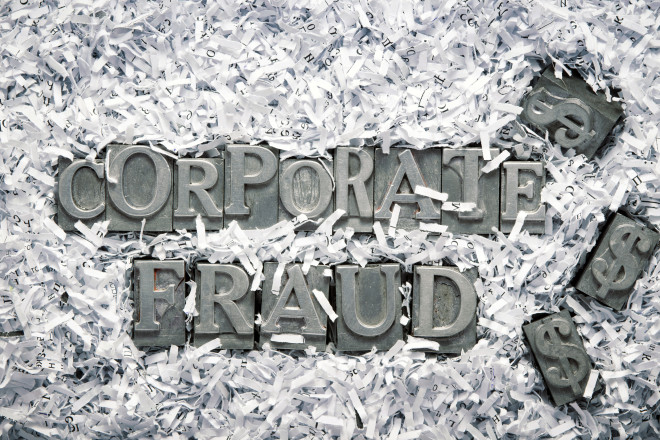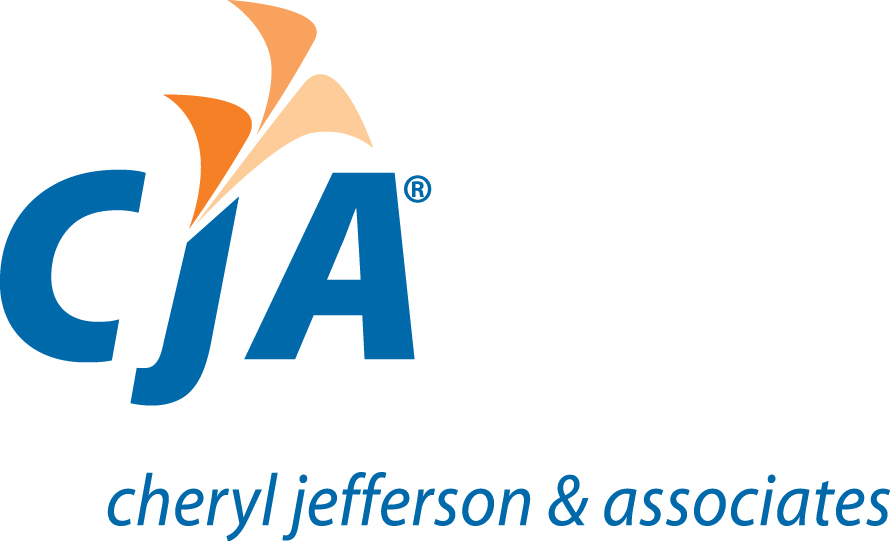Over the last several years, the number of cases related to financial statement fraud has experienced a gradual increase. In fact, according to a recent Cornerstone Research report, Accounting Class Action Filings and Settlements—2014 Review and Analysis, shows the SEC has a heightened focus on accounting, with cases involving restatements reaching a 7-year high in 2014.
 When you first hear the phrase financial statement fraud, you might think of having a bank statement that does not reflect the actual transactions that took place relating to a particular account. To be precise, financial statement fraud is a calculated method to omit, include, or misrepresent information that would affect the interpretation of a statement by the reader.
When you first hear the phrase financial statement fraud, you might think of having a bank statement that does not reflect the actual transactions that took place relating to a particular account. To be precise, financial statement fraud is a calculated method to omit, include, or misrepresent information that would affect the interpretation of a statement by the reader.
Both private and public businesses commit financial statement fraud to gain financially, conceal misappropriation of funds, or satisfy stakeholders in various circumstances. Top-level management most often performs financial statement fraud but any accounting employees with the inclination, ethical ambiguity, or pressure to “cook the books” may do so.
Indicators of Financial Statement Fraud
Although businesses that commit financial statement fraud might carry out such activities for any number of reasons, they risk coming into collision with the IRS. If tax returns do not coincide with the businesses’ statements, financial statement fraud may be the underlying reason. Below are some ways financial statement fraud is manipulated in business:
1. Improper Income Recognition
When a company does not give the right figures on the revenue they are committing financial statement fraud. The reason for this can be something as simple as the business realizing that it has experienced an increase in revenue and does not want all of it taxed. To keep some of the extra revenue, they might decide to doctor their statements to reflect lower income entries so that taxes are reduced.
2. Manipulating Expenses
For companies that want to seek financial assistance from potential investors or stakeholders, altering expenses may be one way they aim to be appealing. If a company recognizes that a stakeholder will only offer financial assistance if expenses are up to a given level, increasing costs on the statement might prove to be a viable option. Inversely, a company that wants to conceal misappropriation of funds might alter the statement to display lower levels of expenses.
3. Complexities in the Statement
If an account displays some complex transactions that are not clearly reflected in the statement, it might raise a flag. Complex transactions are sometimes included in statements to deviate the attention of the reader from some irregularities that, if detected, would raise controversies. As a result, complex statements keep the observer occupied, hence, missing out on important information on the statement.
Benefits of a Forensic Accountant
The discovery of financial statement fraud can have far-reaching implications for a business that may undermine their creditability and integrity. Investors are predominantly at risk, either by being misled prior to investment being, or by invested funds being misused. Others that may be defrauded are banks considering loans, suppliers with outstanding receivables, and customers who get paid by performance or are contracted to hit certain revenue milestones.
To avoid the above issues, consulting a CPA who specializes in forensic accounting is strongly recommended—and as most will say, when fraud is suspected—the earlier, the better. A forensic accountant is experienced in tracing funds, identifying assets, recovering assets, financial intelligence gathering, performing suspect interviews, and performing due diligence. These are critical skills needed to address concerns before they become red flags for the IRS.
If fraud is possibly an issue or if you are picking up the pieces after fraud has been uncovered, hiring an outside independent CPA firm to prepare financial statements can bring an added level of reassurance that integrity and objectivity is being upheld.
If financial statement fraud activities are brought to light, a business not only threatens tarnishing its reputation but also may be at risk for costly lawsuits and encourages regulatory involvement. To avoid such a fate, it is important that the business takes every precaution to avoid being linked in any activities that might lead to financial statement fraud.
Resources:
For more information on our Forensic Accounting services, visit http://cjaforensicaccounting.com/
